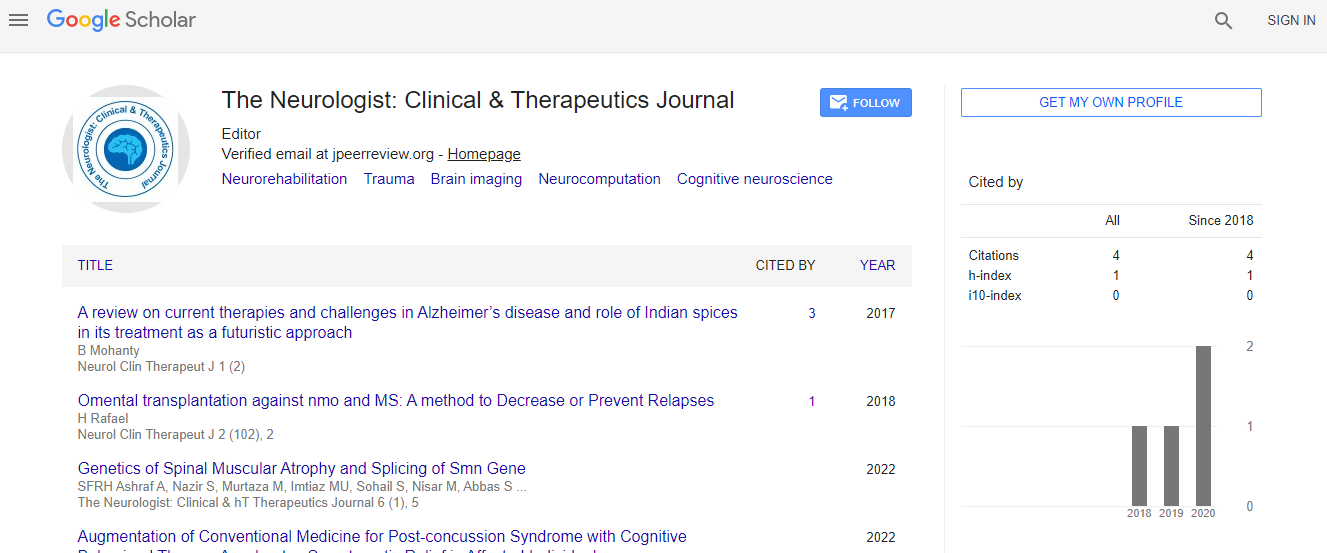Redefining Residency Support the Impact of Progressive Parental Leave on Training and Well-being in Neurology Residents
*Corresponding Author: Cony Bruce, Pediatric Neurologist-Headache Specialist, Department of Pediatric Neurosciences, Boys Town National Research Hospital, USA, Email: brucecony@gamil.comReceived Date: Sep 03, 2024 / Published Date: Sep 30, 2024
Citation: Cony B (2024) Redefining Residency Support the Impact of ProgressiveParental Leave on Training and Well-being in Neurology Residents. Neurol ClinTherapeut J 8: 221.
Copyright: © 2024 Cony B. This is an open-access article distributed under theterms of the Creative Commons Attribution License, which permits unrestricteduse, distribution, and reproduction in any medium, provided the original author andsource are credited.
Abstract
Progressive parental leave policies in medical training programs, including neurology residencies, aim to address work-life balance challenges while maintaining the integrity of medical education. This study evaluates the implementation and impact of a progressive parental leave policy on neurology residents’ training and well-being. To assess the effects of a progressive parental leave policy on the academic and clinical performance, well-being, and overall satisfaction of neurology residents. A mixed-methods approach was used, involving a retrospective analysis of training outcomes, survey responses, and interviews with neurology residents affected by the policy. Key metrics included board exam performance, clinical evaluations, time to graduation, and resident satisfaction. The findings revealed that neurology residents who utilized the parental leave policy reported no significant negative impact on their training outcomes. Additionally, residents noted improvements in work-life balance, mental health, and job satisfaction. The policy was wellreceived and did not significantly delay program completion or affect clinical competencies. Implementing a progressive parental leave policy in neurology residency programs supports residents’ well-being and work-life balance without compromising academic or clinical training outcomes. This policy may serve as a model for other medical specialties.

 Spanish
Spanish  Chinese
Chinese  Russian
Russian  German
German  French
French  Japanese
Japanese  Portuguese
Portuguese  Hindi
Hindi 